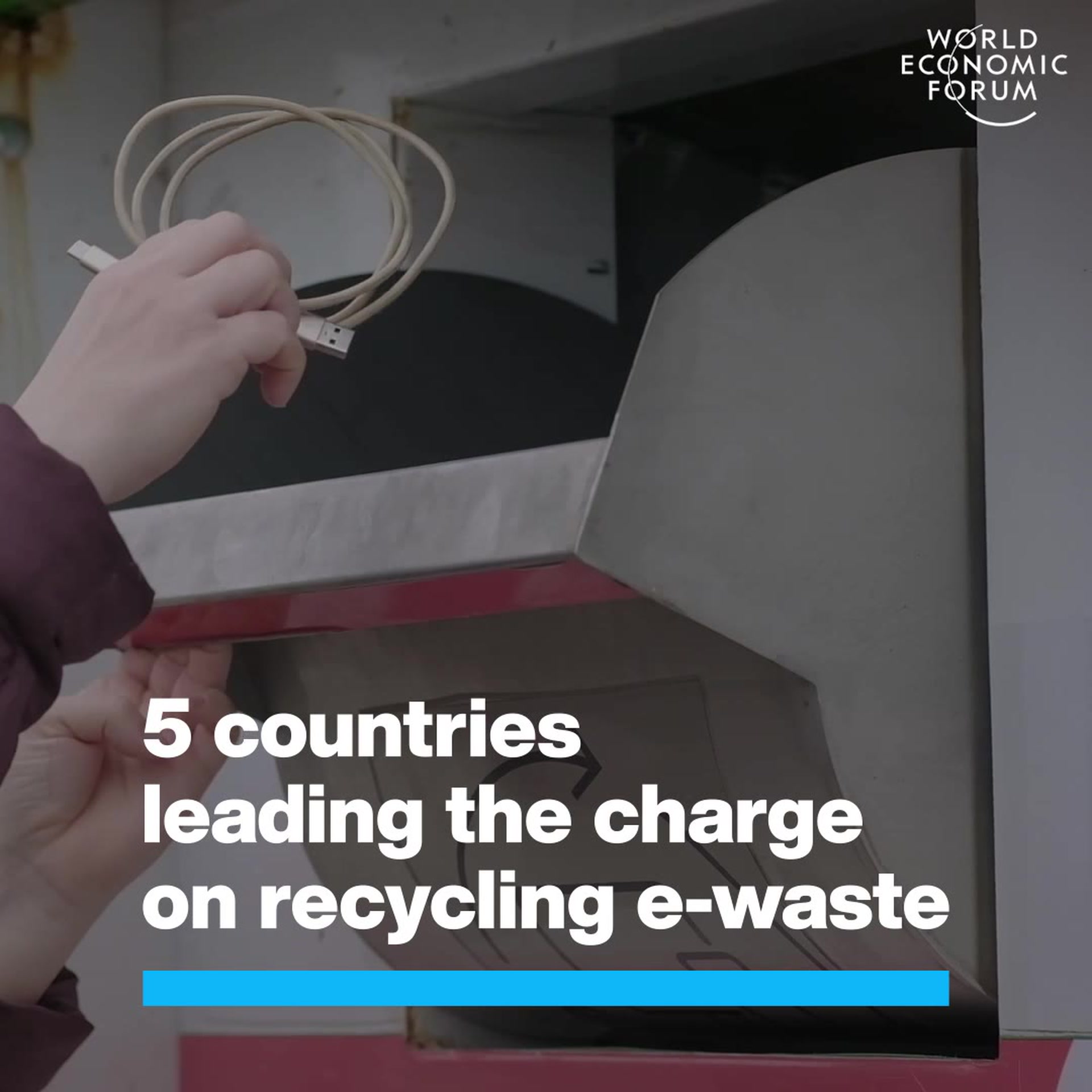Climate change will make most countries much wetter. Here's why

The water cycle has been intensifying because of rising temperatures. Image: Unsplash/Nguyen Kiet

Get involved with our crowdsourced digital platform to deliver impact at scale
Stay up to date:
Climate Indicators
- Water naturally cycles through the environment, moving between the atmosphere, ocean, land and reservoirs of frozen water.
- But climate change is intensifying the water cycle, leading to more extreme wet and dry weather.
- This is because higher temperatures raise the upper limit on the amount of moisture there can be in the air, increasing the potential for rain.
- Rainfall intensity is expected to increase for most land areas, but large increases in dryness are expected in the Mediterranean, southwestern South America and western North America.
Powerful storm systems triggered flash flooding across the U.S. in late July, killing at least 37 people in eastern Kentucky as floodwater engulfed homes and set off mudslides. Record rainfall also inundated St. Louis neighborhoods, and another deluge in Nevada flooded the Las Vegas strip.
The impact of climate change on extreme water-related events like this is becoming increasingly evident. The storms in the U.S. followed extreme flooding this summer in India and Australia and last year in Western Europe.
Studies by scientists around the world show that the water cycle has been intensifying and will continue to intensify as the planet warms. An international climate assessment I coauthored in 2021 for the Intergovernmental Panel on Climate Change lays out the details.
It documented an increase in both wet extremes, including more intense rainfall over most regions, and dry extremes, including drying in the Mediterranean, southwestern Australia, southwestern South America, South Africa and western North America. It also shows that both wet and dry extremes will continue to increase with future warming.
Why is the water cycle intensifying?
Water cycles through the environment, moving between the atmosphere, ocean, land and reservoirs of frozen water. It might fall as rain or snow, seep into the ground, run into a waterway, join the ocean, freeze or evaporate back into the atmosphere. Plants also take up water from the ground and release it through transpiration from their leaves. In recent decades, there has been an overall increase in the rates of precipitation and evaporation.
A number of factors are intensifying the water cycle, but one of the most important is that warming temperatures raise the upper limit on the amount of moisture in the air. That increases the potential for more rain.
This aspect of climate change is confirmed across all of our lines of evidence discussed in the IPCC report. It is expected from basic physics, projected by computer models, and it already shows up in the observational data as a general increase of rainfall intensity with warming temperatures.
Understanding this and other changes in the water cycle is important for more than preparing for disasters. Water is an essential resource for all ecosystems and human societies, and particularly agriculture.
How is the World Economic Forum fighting the climate crisis?
What does this mean for the future?
An intensifying water cycle means that both wet and dry extremes and the general variability of the water cycle will increase, although not uniformly around the globe.
Rainfall intensity is expected to increase for most land areas, but the largest increases in dryness are expected in the Mediterranean, southwestern South America and western North America.

Globally, daily extreme precipitation events will likely intensify by about 7% for every 1 degree Celsius (1.8 degrees Fahrenheit) that global temperatures rise.
Many other important aspects of the water cycle will also change in addition to extremes as global temperatures increase, the report shows, including reductions in mountain glaciers, decreasing duration of seasonal snow cover, earlier snowmelt and contrasting changes in monsoon rains across different regions, which will impact the water resources of billions of people.
What can be done?
One common theme across these aspects of the water cycle is that higher greenhouse gas emissions lead to bigger impacts.
The IPCC does not make policy recommendations. Instead, it provides the scientific information needed to carefully evaluate policy choices. The results show what the implications of different choices are likely to be.
One thing the scientific evidence in the report clearly tells world leaders is that limiting global warming to the Paris Agreement target of 1.5 C (2.7 F) will require immediate, rapid and large-scale reductions in greenhouse gas emissions.
Regardless of any specific target, it is clear that the severity of climate change impacts are closely linked to greenhouse gas emissions: Reducing emissions will reduce impacts. Every fraction of a degree matters.
Don't miss any update on this topic
Create a free account and access your personalized content collection with our latest publications and analyses.
License and Republishing
World Economic Forum articles may be republished in accordance with the Creative Commons Attribution-NonCommercial-NoDerivatives 4.0 International Public License, and in accordance with our Terms of Use.
The views expressed in this article are those of the author alone and not the World Economic Forum.
The Agenda Weekly
A weekly update of the most important issues driving the global agenda
You can unsubscribe at any time using the link in our emails. For more details, review our privacy policy.
More on Climate ActionSee all
Neeshad Shafi
May 1, 2024
Johnny Wood
May 1, 2024
Nils Aldag and Christopher Frey
May 1, 2024
Pooja Chhabria and Michelle Meineke
April 28, 2024
Lisa Donahue and Vance Scott
April 28, 2024






